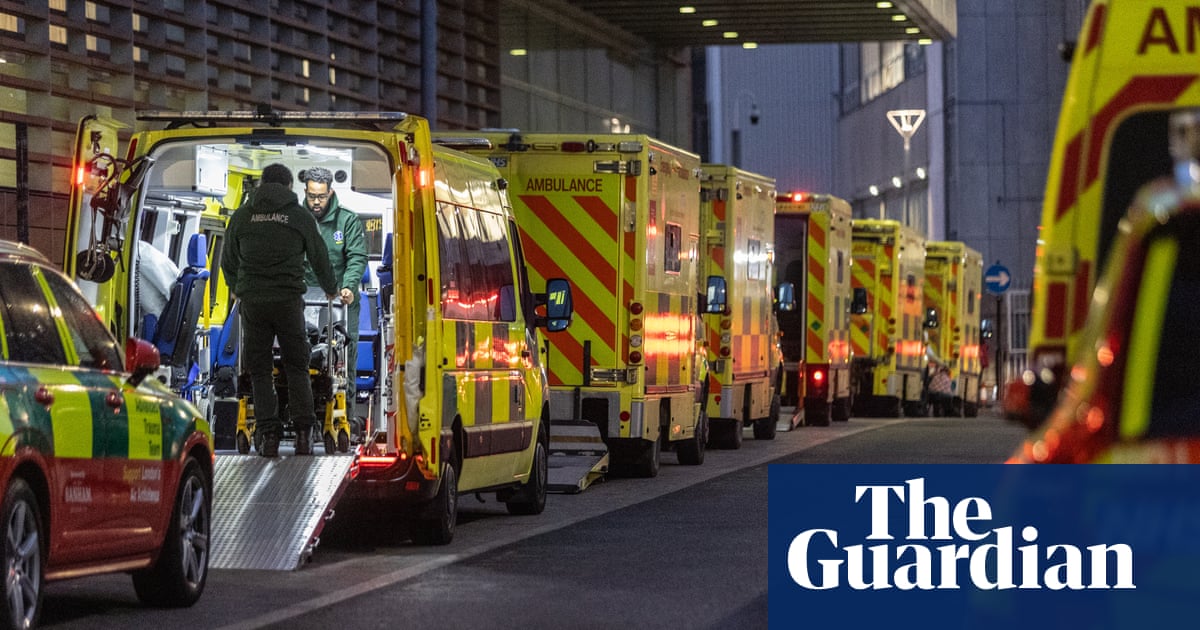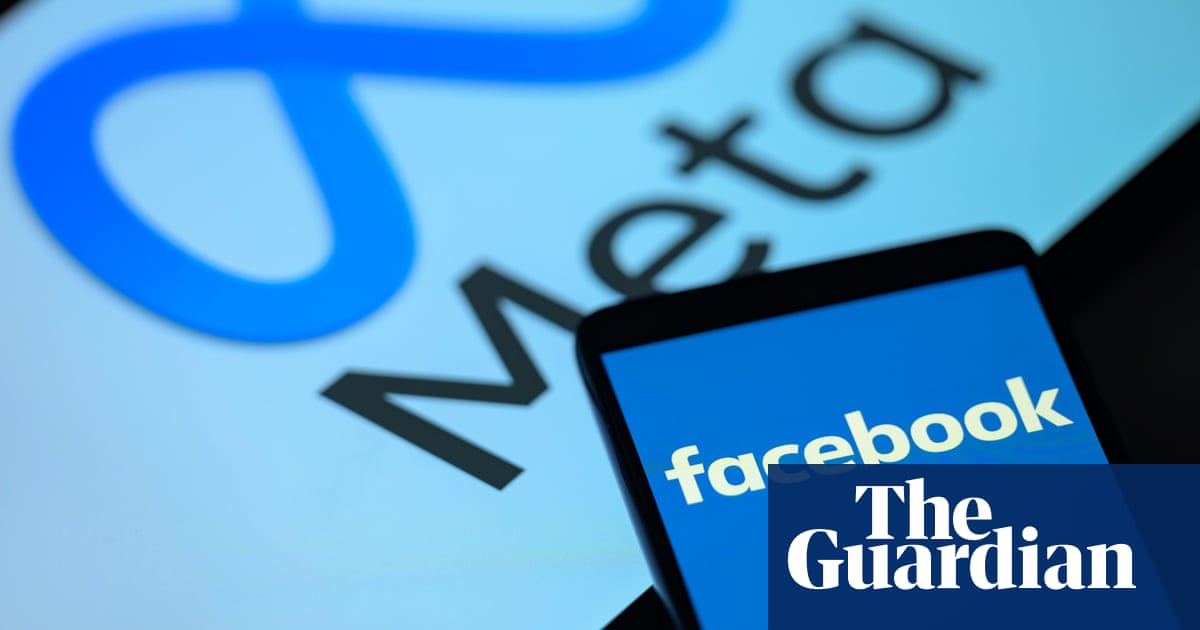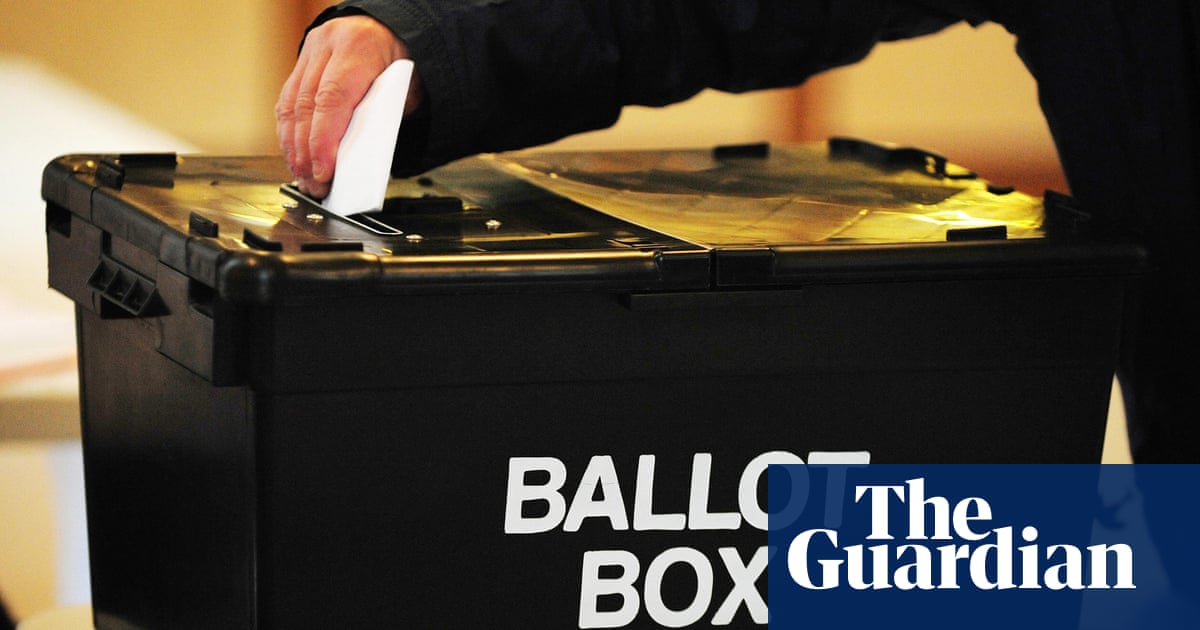In the aftermath of the killing of United Healthcare CEO Brian Thompson, while Thompson’s colleagues grieve and politicians decry his murder, some online discussion has shown little sympathy for Thompson or the industry he represented.
Instead, social media has been in engulfed in expressions of anger at many Americans’ dire experiences at the hands of health insurance companies and outrage at the large profits that they generate.
That belies the shock also generated by the brutality of Thompson’s death. The killing appeared premeditated and calculated.
A gunman dressed in black waited for Thompson outside the midtown Manhattan Hilton where he was scheduled to speak at an investor’s meeting, approached him from behind with a handgun fitted with a silencer, and shot and killed the executive, according to police.
He fled on an ebike into Central Park. A manhunt is ongoing. The motive is unknown.
Andrew Witty, CEO of the parent company, UnitedHealth Group, called the attack “a terrible tragedy” in a message sent to company employees and shared with the Guardian.
“Our hearts are with his family, especially his mom, his wife Paulie, his brother and his two boys, who lost a father today,” Witty said.
Amy Klobuchar, a Democratic US Senator from Minnesota, described the killing as “a horrifying and shocking act of violence”.
But in contrast, one commenter on CNN’s Instagram post about Thompson’s death wrote: “Can’t find the room to care over my daughter’s $60,000 cancer treatment. Thoughts and prayers.”
Another said: “An innocent victim was gunned down in cold blood. Have a heart regardless of your health insurance.”
Vacillating between the condemnation of violence and dark humor, celebratory memes and outright violent rhetoric, comments on social media highlight the deep and often unpleasant connection Americans have with their own health system.
An expert in political violence told the Guardian he sees this as part of the US’s growing acceptance of violence as a way to settle civil disputes.
“Now the norms of violence are spreading into the commercial sector,” said Robert Pape, director of the University of Chicago’s project on security and threats. “That’s what I saw when I saw this.”
Although the motive for the killing is unknown, it has not stopped rampant speculation that there was an obvious candidate – Thompson’s work in corporate health insurance. That speculation was only furthered by the discovery of shell casings scrawled with the words “deny”, “depose” and “defend” in permanent marker.
“What I think we’re really experiencing as a country is the erosion against norms,” said Pape, with the little sympathy among the “body politic” expressed in social media as one more example. “That means, basically, seeing violence as the more normal tool, or acceptable tool, to resolve what should be straightforward civil disputes resolved in nonviolent ways.”
Thompson’s killing also laid bare the threat that healthcare executives face in a season of American violence – from insurers to pharma to hospitals.
“It doesn’t seem paranoid to worry that someone who’s had services denied that they may believe are important might be in an emotionally unstable state and could take some action,” Michael Sherman, former chief medical officer at Point32Health, told Stat, a health industry publication. “The most likely targets would be the chief medical officer … or the CEO.”
Comments online did not single out Thompson, a 50-year-old licensed accountant who reportedly kept a low profile. Instead, they were targeted at an industry often seen as a despised fact of life in America. Comments laced “jokes” with the sting of denial, delay, debt and impenetrable bureaucracy, all ubiquitous and reviled experiences for the throngs of Americans who are now or have been insured through a private company.
Another comment: “Does he have a history of shootings? Denied coverage.”
Ranked by size, UnitedHealth Group is one of the biggest companies in the world. Measured by its market capitalization of $539bn it tops household names such as Mastercard and ExxonMobil. The company is one of the biggest private insurers in the nation, providing health coverage to more than 50 million Americans spanning employer insurance all the way to the elderly through Medicare Advantage.
Thompson ran the insurance division of the company as a reportedly longtime employee who kept a low profile. With an enormous footprint, it is also the subject of near constant scrutiny.
Thompson himself was part of an investigation into insider trading at the company. Early this year, after the Department of Justice began an inquiry into monopolistic practices, executives at United sold $101m in stocks, including Thompson, who sold $15m, before the public became aware of the investigation, according to Crain’s New York Business. Witty was hauled in for congressional testimony over a cyber-attack in February that caused severe disruptions across the healthcare industry. UnitedHealthcare has been criticized as denying care to vulnerable patients.
While security executives for leading Fortune 500 companies gathered on Wednesday, others marveled in public that Thompson was unaccompanied on his way to the annual investor conference.
Michael Julian, CEO of MPS Security & Protection, told Axios that he “was shocked the guy didn’t have a protective detail”, implying that a head of an American healthcare giant would be an obvious target for the potentially aggrieved.
“Whether this technically will fit the pigeonhole of political violence or not, it obviously will be an important issue,” said Pape, whose recent study showed a dramatic increase in instances of violent threats against both Democrats and Republicans since about 2017, the beginning of the first Trump term.
“But it also misses the bigger picture of what’s been happening in our country.”

.png) 1 month ago
14
1 month ago
14













































